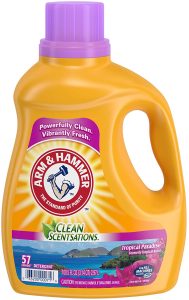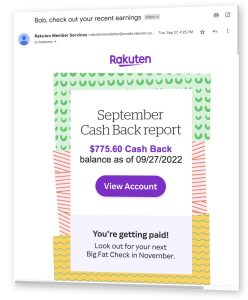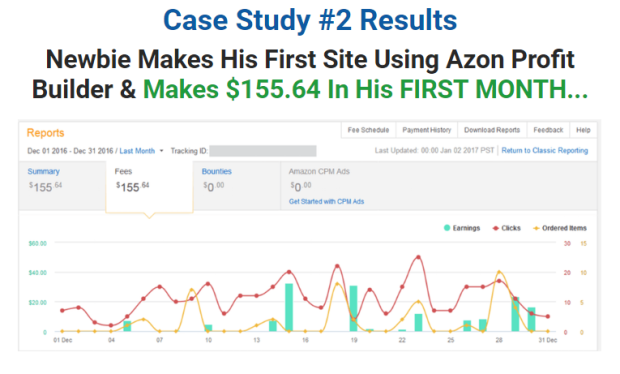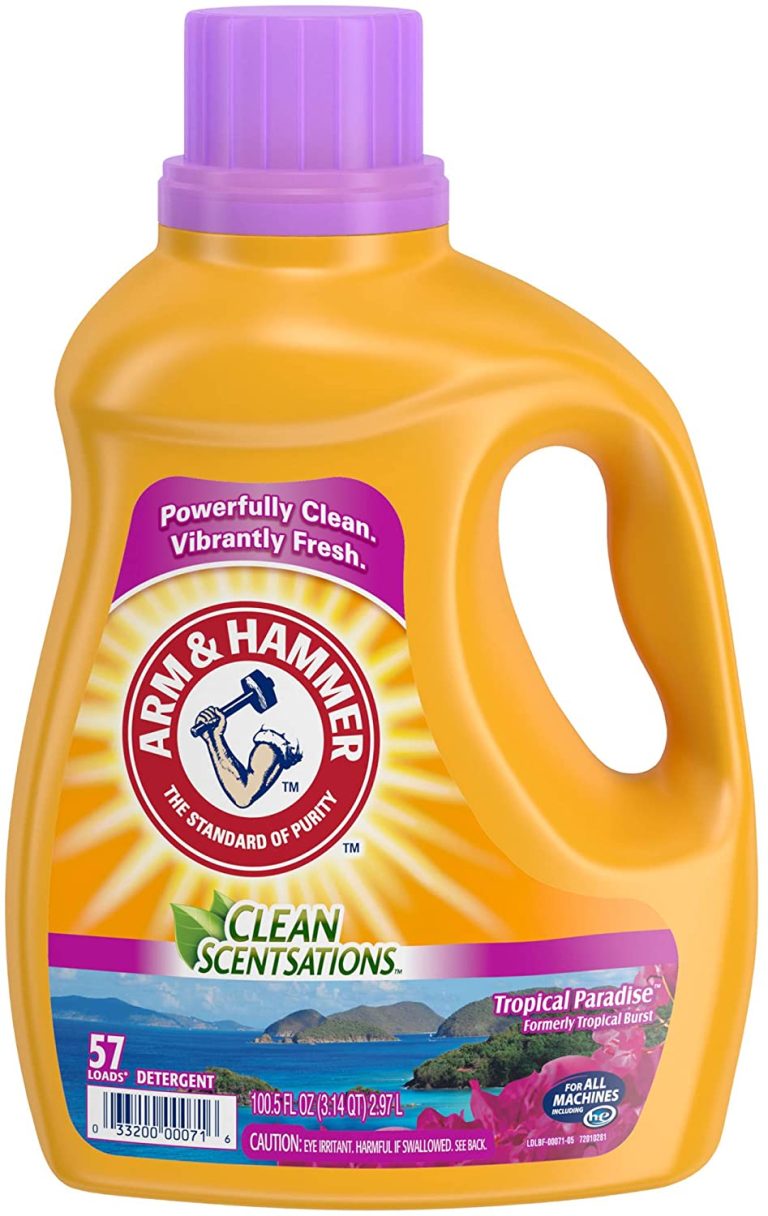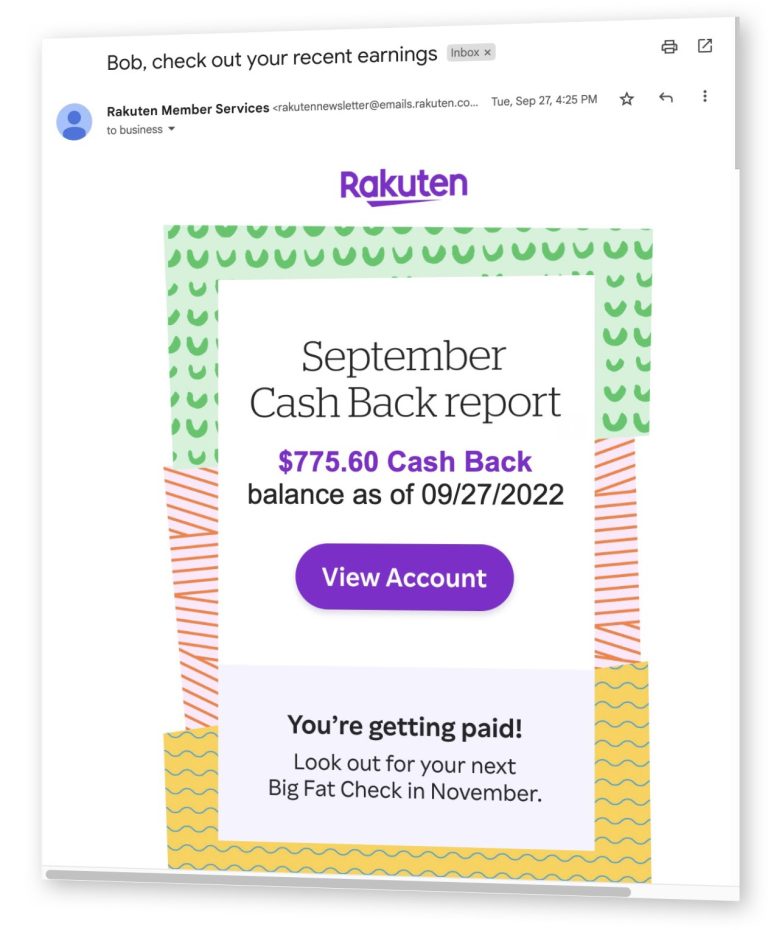Last time I checked, high schoolers were graduating without basic financial skills, taught in school. As young adults, their first exposure to real-life situations can result in costly mistakes, overwhelming debt and an unstable financial future. A lot of parents are now spending significant time with their child to teach them about money. Even white house came out in support of a site that explains personal financial matters to young adults.

There was a lack of significant corporate sponsorship. When I heard about budget challenge initiative from H&R Block, I thought this could be an excited new era. H&R Block budget challenge is free, teen financial literacy program developed in the form of an online game for the classroom that simulates real life as an adult, including paying bills, credit cards, saving and more. This year more than 90,000 teens participated in the program, which awarded more than $3 million in grants and scholarships.
Let’s see how budget challenge can help your young ones.
The Budget Challenge Overview
Free to high school teachers and home school educators, the H&R Block Budget Challenge is a teacher-tested, online simulation tool that replicates real-world budgeting and personal finance decision making. By simulating an adult’s financial life – paying bills, investing in retirement, managing loans and more – students take a personal finance “road test.” This learn-by-doing educational approach allows high schoolers to make real-world mistakes without facing real-world consequences.
Their goal is to teach teens through different real-life personal finance situations, the program equips teens with the skills, habits and confidence to manage their money wisely.
How to Sign Up
Participation in the H&R Block Budget Challenge must be facilitated by a classroom teacher at an accredited high school or home study program. Educators may visit hrbds.org to register their classrooms.
How It Works
The H&R Block Budget Challenge immerses students in the life of a recent graduate who has been working for six months. Each participant receives a virtual salary and must make smart budgeting decisions regarding expenses, such as rent, utilities, car payments and more. Students are challenged to balance current and future cash needs and demonstrate resourcefulness, understanding and practical application of financial concepts.
Students receive bills on a regular basis and must pay them on time, while maximizing savings via a virtual 401(k) and minimizing penalties such as late fees, overdraft fees or finance charges. The simulation includes realistic surprise scenarios and monetary challenges such as a car accident or lost cell phone.
Participants earn bonus points for completing quizzes on personal finance topics such as interest or starting a 401(k).
Grants & Scholarships
H&R Block will award $3 million in classroom grants, college scholarships and cash prizes via the H&R Block Budget Challenge. Winners will be determined on both an individual and classroom basis.
Classrooms:
- A total of 30, $2,500 grants will be awarded to the top five scoring classrooms at the midway point of each simulation.
- A total of 30, $5,000 grants will be awarded to the top five classrooms at the conclusion of each simulation.
Students:
- Students will compete for 132 scholarships worth $20,000 each, awarded to the top 22 scoring individuals in each cycle.
- The student who demonstrates that he/she is the most “real-world ready” at the conclusion of all six cycles will receive a $100,000 college scholarship.
Metrics and Scoring
Individual students compete among all participants for the high score in each simulation. Classroom rankings are determined by calculating the average score of all participating students in each class.
An individual student’s score is equal to the total amount of his/her savings, minus the sum total of fees and late penalties, plus total bonus points earned. Students earn a point per dollar saved in their 401(k) or earned in interest, while losing a point per dollar in fees incurred – including an extra 150-point penalty for every late fee incurred.

The overall grand prize scholarship winner is determined through a unique “Real-World Ready” formula, showcasing the student who is truly ready to embark on a fiscally responsible future:
- Behavior (100 points) – Because H&R Block believes in learning-by-doing, students who are learning and engaged will be rewarded. By logging in every five days, paying bills on time and taking all available quizzes, a perfect “behavior” score is possible.
- Knowledge (100 points) – A lack of basic financial understanding is crippling for today’s high school graduates. “Knowledge” points are based on the student’s percentage of correct answers on quizzes.
- Skill (200 points) – The H&R Block Budget Challenge teaches students the skills necessary to confidently and smartly navigate finances in the real world. The skill tally is equal to the student’s individual score as a percentage of the maximum score for an individual simulation.
The H&R Block Budget Challenge and accompanying lesson plans adhere to Common Core standards for English language arts and mathematics, as well as personal finance benchmarks established by the Council for Economic Education (CEE) and the Jump$tart Coalition for Personal Financial Literacy.
Educators who participate in the H&R Block Budget Challenge simulation are supported with lesson plans, educational videos and additional resources that complement the online challenge.
Current Champion Student
Sean Lawrence, a St. Clair, Michigan, high school senior, has won $120,000 in college scholarships as grand-prize winner of the H&R Block Budget Challenge — a teen financial literacy program that simulates an adult’s financial life and rewards students for mastering real-world financial decision-making.
Lawrence earned the $100,000 scholarship for having the most “real world ready” financial skills out of 93,980 high school students in 5,621 classrooms nationwide after participating in the 2014-2015 Budget Challenge program. He received an additional $20,000 scholarship for placing in the top 22 of his simulation, earning a total of $120,000 to apply toward his education.
Future chemical engineer
Lawrence plans to study chemical engineering at Macomb Community College, Charter Township of Clinton, Michigan, for two years and then transfer to Western Michigan University. His future goals include working hard at a well-paying job, while investing in retirement and saving for a house and a car.
Reflecting on the knowledge that he and other teens have gained through the Budget Challenge, Lawrence said, “Learning about money management before going into the real world allows teens to make the right choices, or have the correct knowledge so they don’t end up as the typical American with mountains of debt.”
Learning by doing approach
The H&R Block Budget Challenge uses a learn-by-doing educational approach that allows students to experience personal finance activities in the safety of a classroom, before heading out into the real world on their own. Participants play classroom against classroom and student against student, competing for $3 million in grants, scholarships and cash prizes.
“Our goal with The Budget Challenge is to arm teens with the personal finance skills and confidence they need to succeed when they’re out on their own. It’s an investment in American teens,” said Bill Cobb, president and chief executive officer.
H&R Block awarded more than $3 million in grants, scholarships and prizes through the Budget Challenge in the 2014-2015 school year. Teachers who are interested in registering for the program can find details this August at www.hrblockdollarsandsense.com. For additional background on the program prior to open registration, please read this post for an introduction to the program.
SOURCE: One Cent At A Time – Read entire story here.






